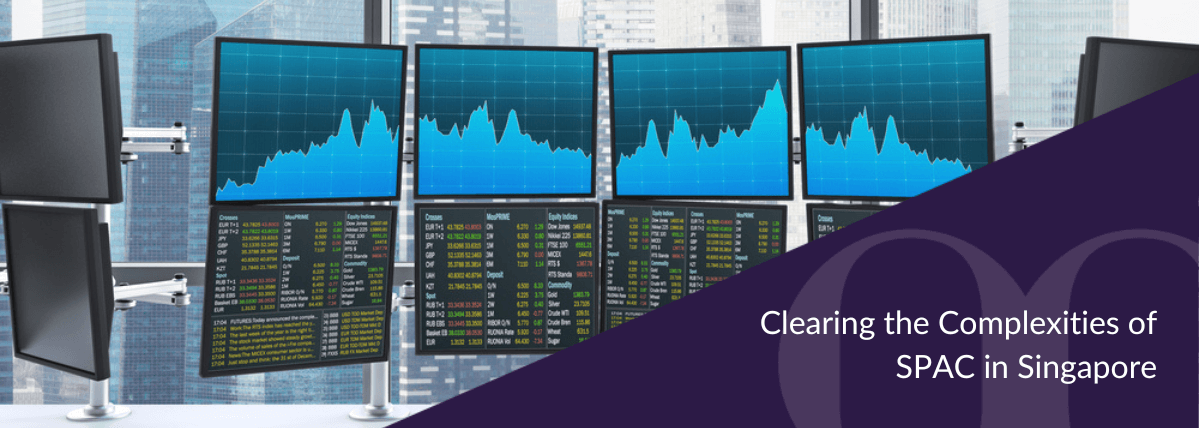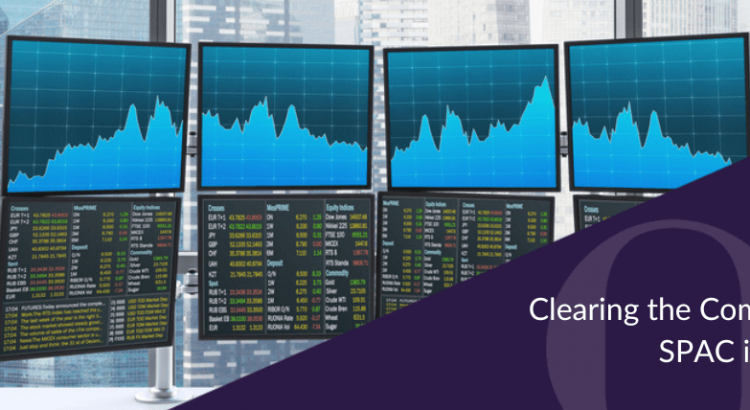Transitioning to a public company is an important milestone for a business. Access to capital can open opportunities for growth, reduce debt, and improve your public profile. But not every company is well-suited to an initial public offering (IPO), and the process can be long and complicated. Many companies in Singapore are considering mergers with special purpose acquisition companies (also known as SPACs) as an alternative to a traditional IPO.
What is a SPAC?
If you are familiar with capital markets, you have probably heard these terms before. Still, you may be wondering what SPAC means.
Here is a simple definition:
A SPAC (short for Special Purpose Acquisition Company) is a publicly-traded corporation formed with the objective of acquiring a privately held business to enable it to go public. In other words, they can grant private companies access to public markets. Because SPACs typically have no existing business operations or stated targets for acquisition, they are also known as “blank cheque companies”.
SPACs are normally formed by investors or sponsors with expertise in a particular industry or business sector, with the intention of pursuing deals in that area. Investors in SPACs can range from well-known private equity funds to the general public.
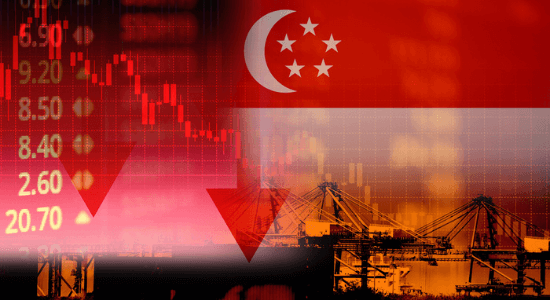
The capital raised through the SPAC process is placed in an interest-bearing trust account. Then, the SPAC founders have a limited time (typically 18 to 24 months) to acquire a suitable company.
The funds in the trust can only be dispersed for one of two reasons:
- to complete an acquisition of a company;
- to return the money to investors if they don’t complete an acquisition in the set timeframe.
After the SPAC successfully acquires the private company target (through a process known as “de-SPAC”), the target company then assumes the public listing on the exchange.
The rise of SPACs in Singapore
SPACs have been around since the 1990s and have increased in popularity since 2013. However, it wasn’t until 2020 that they really started to gain traction, attracting big-name underwriters and investors and raising a record amount of capital.
In 2020, SPAC listings accounted for more than 50% of new publicly listed US companies. By 2021, there were more than 600 SPACs in the US, raising $162 billion.
In the Asia-Pacific region, both Hong Kong Stock Exchange (HKEX) and Singapore Exchange (SGX) have received significant market interest to introduce SPAC in their capital markets.
Singapore launched its SPAC framework in September 2021, and to date, there have been three SPACs listed on SGX. Hong Kong followed suit, welcoming its first SPAC listing on the HKEX in March 2022.
As Asia continues to be the growth engine for the world, it is predicted that there will be many more companies in the region involved in SPACs, as both sponsors and targets.

SPAC benefits and challenges
Whether you choose to go public via traditional IPO or SPAC, you will face similar regulatory scrutiny.
But there are some benefits of SPACs, including:
- Speed to market: a SPAC merger can expedite the timeline to become a public company, normally within 4-6 months, compared to an IPO, which typically takes 6-9 months.
- Lower fees: SPAC transactions attract around 5-7% fewer fees than IPOs in terms of legal, audit, registration and administrative costs;
- Flexibility in deal terms: SPACs offer more flexibility than IPOs when it comes to negotiating favourable deal terms, e.g., valuation or additional investment;
- Greater market certainty: unlike traditional IPOs, target companies can negotiate the price of their stock up front — sometimes months before the transaction closes — giving them more certainty in volatile market conditions;
- Access to expertise: SPAC sponsors are normally led by experienced management teams who can offer business insights and networks to leverage;
Preparing for successful SPACs in Singapore
A SPAC is created with the sole purpose of acquiring an operating business. It is also considered to be an alternative way of seeking a listing for a company.
However, these transactions are not without their challenges. Singapore companies will need to prepare for:
- An accelerated public company readiness timeline: SPAC targets must be ready to operate as a public company within three to five months of signing a letter of intent.
- Complex accounting, financial reporting and registration requirements: these may differ based on the lifecycle of the SPAC involved.
This means you will need expert guidance and a comprehensive project management plan to ensure you are ready to go.
You must also examine the stringent requirements for SPACs on Asian stock exchanges. For example, Singapore launched its SPACs framework in September 2021 and, to date, has seen three SPACs listed on SGX, with more to come.

According to the SGX listing under the SPAC framework released in September 2021, companies must have the following key features:
- Minimum market capitalisation of S$150 million
- De-SPAC must take place within 24 months of IPO with an extension of up to 12 months subject to fulfilment of prescribed conditions
- Moratorium on Sponsors’ shares from IPO to de-SPAC, a 6-month moratorium after de-SPAC and for applicable resulting issuers, a further 6-month moratorium thereafter on 50% of shareholdings.
- Sponsors must subscribe to at least 2.5% to 3.5% of the IPO shares/units/warrants depending on the market capitalisation of the SPAC
- De-SPAC can proceed if more than 50% of independent directors approve the transaction and more than 50% of shareholders vote in support of the transaction
- Warrants issued to shareholders will be detachable and maximum percentage dilution to shareholders arising from the conversion of warrants issued at IPO is capped at 50%
- All independent shareholders are entitled to redemption rights
- Sponsor’s promote limit of up to 20% of issued shares at IPO
Choose a provider that knows the region
Companies considering a SPAC transaction will need to make sure they meet regulatory requirements for the market they’re operating in.
It is critical for target companies to understand the criteria and risks, as well as assess their readiness to operate as a public company, just as they would if they were considering the traditional IPO route. They need to prepare themselves to navigate these challenges.
Choosing an experienced corporate service provider with in-depth knowledge of SGX’s SPAC listing rules will help you navigate this complex territory.
Our team has over 50 years of experience with taking Singapore companies public and can help ensure you are compliant with local laws and regulations if you are considering a SPAC transaction. In fact, over 50% of SGX-listed companies trust us with their share registry services.
Think beyond the bell ringing
Whether you choose to go for a traditional IPO or the SPAC route, it’s important to think long-term. Once you go public, there are many ongoing requirements to consider.
Publicly listed companies are subject to high levels of scrutiny from shareholders and regulators alike. The list of ongoing obligations is long and complex, which is why it’s an SGX requirement to appoint a share registrar.
Partnering with a trusted share registrar in Singapore ensures your company remains compliant with local regulatory requirements while keeping shareholders engaged and informed.
Here are some typical services a share registrar provides:
- ongoing share registry maintenance and administration;
- ensuring all corporate actions are processed according to SGX regulations;
- meeting management and scrutineering services.
And, if you operate across multiple jurisdictions, you will need someone who has specialist expertise and experience across multiple APAC countries.
As one of the leading corporate service providers in the Asia-Pacific region, BoardRoom has over 50 years of experience guiding many listed corporations in Singapore, Malaysia, Hong Kong, and Australia, including expertise with SPACs.
Contact us to set up a personalised consultation and see how we can add value to your business today.
Related Business Insights
-
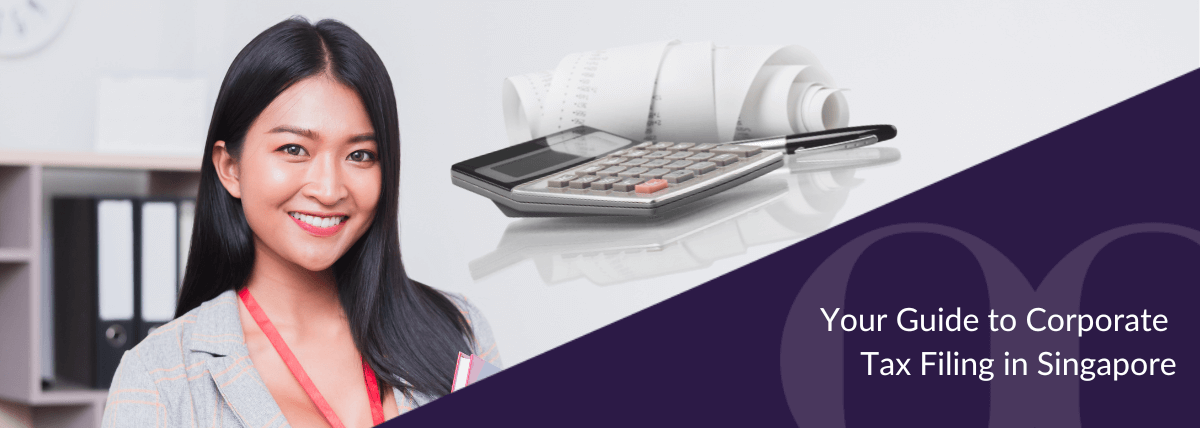
08 Jul 2024
Your Guide to Corporate Tax Filing in Singapore
Learn to navigate corporate tax filing in Singapore effectively and ensure timely, compliant submissions with our c …
READ MORE -
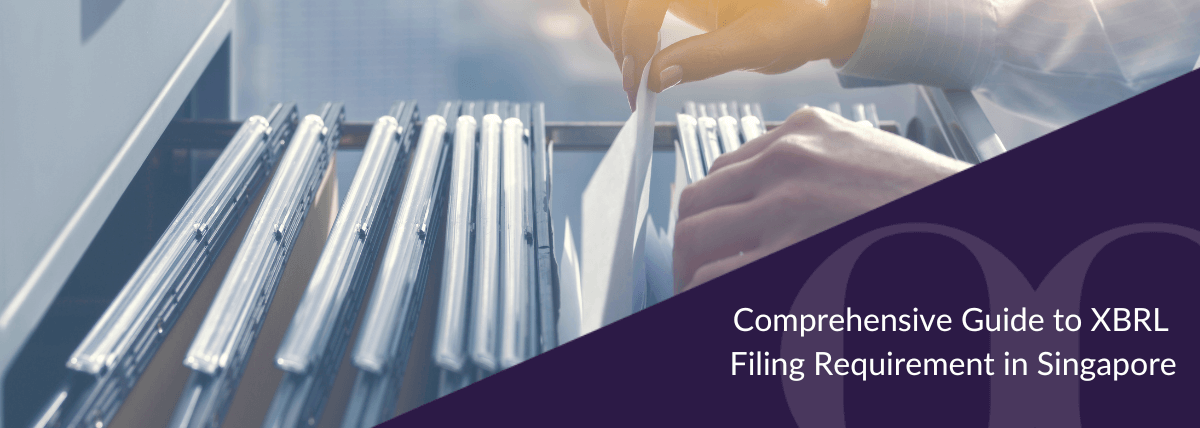
14 Jun 2024
Comprehensive Guide to XBRL Filing Requirement in Singapore
Explore the essentials of XBRL filing in Singapore, covering mandatory requirements, benefits, preparation steps, a …
READ MORE -
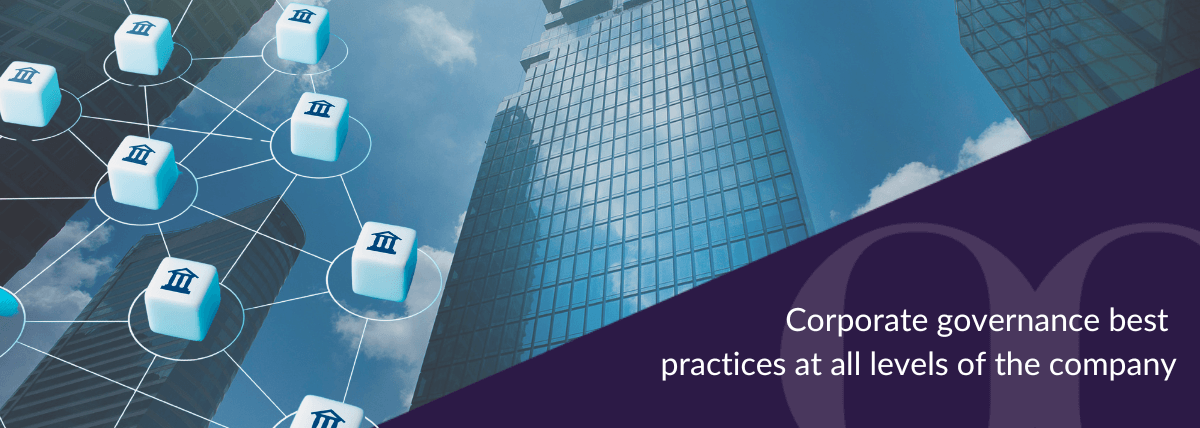
11 Jun 2024
Corporate governance best practices at all levels of the company
Corporate governance goes beyond compliance, shaping the fabric of an organisation. Discover the corporate governan …
READ MORE
